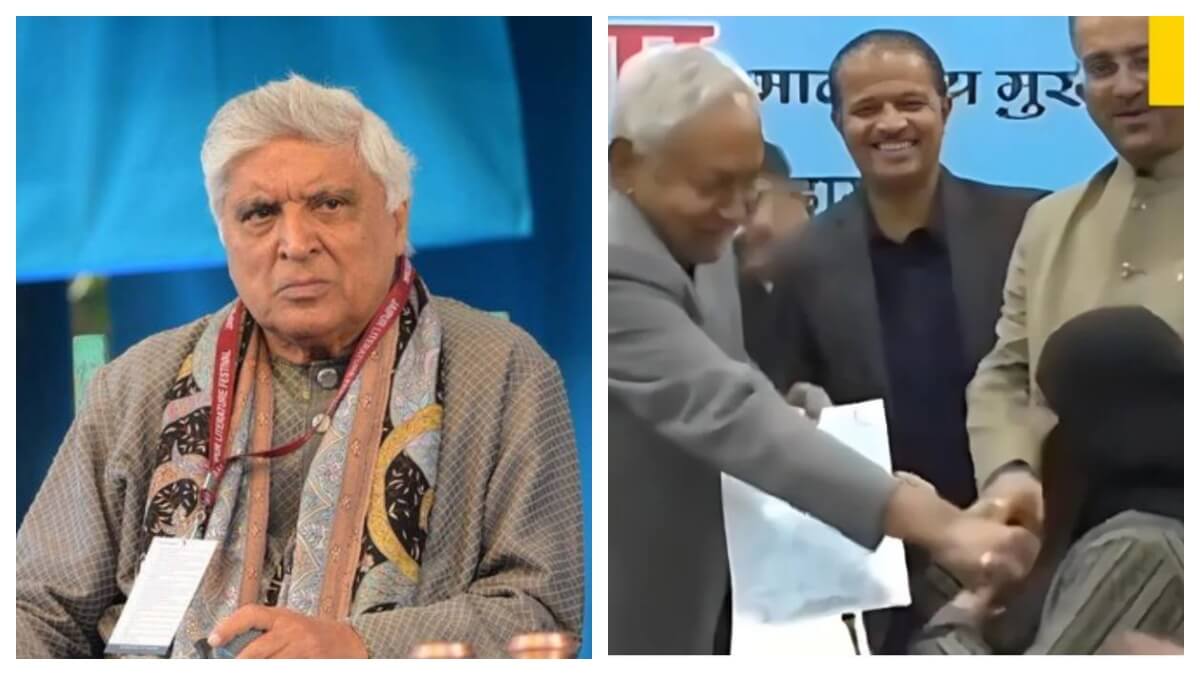Ranbir Kapoor's scene from Netflix’s Bads of Bollywood under NHRC scrutiny
Tue 23 Sep 2025, 01:09:19
.jpg)
The National Human Rights Commission (NHRC) has sought responses from the Ministry of Information and Broadcasting and the Mumbai Police over a complaint against Netflix’s web series The Bads of Bollywood.
The matter came to the Commission’s notice after a complaint alleged that actor Ranbir Kapoor was shown using a banned e-cigarette on screen without the mandatory statutory warnings.
According to the complaint, the sequence could have the effect of normalising e-cigarette use and misleading young viewers, particularly since the actor has a strong influence on youth audiences. India banned the production, sale, and advertisement of electronic cigarettes in 2019 under the Prohibition of Electronic Cigarettes Act, citing health risks and concerns over their appeal among minors.
The complainant argued that the portrayal not only violated existing laws but also contravened health advisories issued by the government regarding the depiction of smoking and tobacco-related products in films and digital content. Current regulations require that any depiction of smoking must carry clear on-screen
warnings, anti-smoking disclaimers, and public service announcements to discourage tobacco use.
warnings, anti-smoking disclaimers, and public service announcements to discourage tobacco use.
By seeking an Action Taken Report (ATR), the NHRC has effectively asked the Ministry and the Mumbai Police to examine whether the platform and the makers of the series violated statutory guidelines and if corrective measures are necessary. The Commission has given both authorities a timeline to respond with details of the action initiated, if any.
This is not the first time content on streaming platforms has come under scrutiny in India. Over the past few years, OTT services have faced complaints on grounds ranging from obscenity and religious sensitivities to violations of health and safety regulations. The case involving The Bads of Bollywood highlights the growing debate around the accountability of digital content creators and platforms in adhering to Indian laws and ethical standards.
As the NHRC awaits responses, the development has reignited discussions about the portrayal of smoking and substance use in popular media and the responsibility of filmmakers and streaming giants towards impressionable audiences.
No Comments For This Post, Be first to write a Comment.
Most viewed from Film & TV
Most viewed from Entertainment
AIMIM News
Latest Urdu News
Most Viewed
May 26, 2020
Is it right to exclude Bangladesh from the T20 World Cup?
Latest Videos View All
Like Us
Home
About Us
Advertise With Us
All Polls
Epaper Archives
Privacy Policy
Contact Us
Download Etemaad App
© 2026 Etemaad Daily News, All Rights Reserved.





































.jpg)
.jpg)
.jpg)


